Does dental implant affect "MRI" examination?
Dental implants as the first choice for dental restoration, in addition to price is the most concerned, most concerned about, there are many friends asked questions related to dental implants, asked more: will dental implants affect nuclear magnetic resonance?
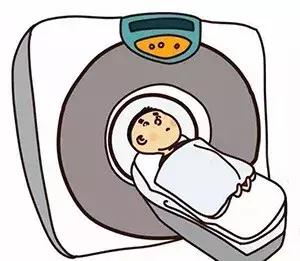
What is nuclear magnetic resonance?
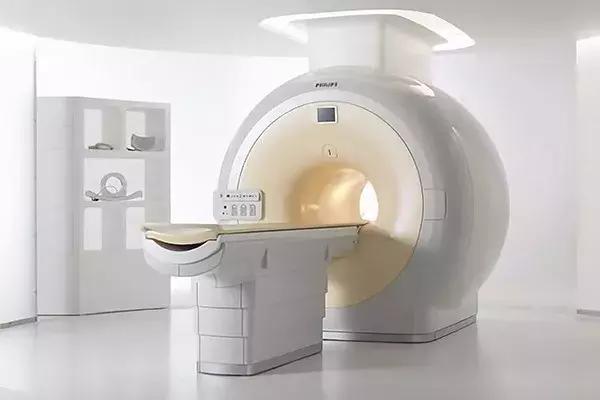
As there is a very strong magnetic field in the MRI machine and MRI examination room, people with pacemakers, those with metal clips or metal stents after vascular surgery, or other people who undergo metal stent surgery are absolutely prohibited from having MRI examinations. otherwise, the movement of metal attracted by a strong magnetic field may have serious consequences.
The principle of the influence of Metal on MRI
The artifacts caused by metal materials are divided into ferromagnetic metal artifacts and non-ferromagnetic metal artifacts. The size of the artifacts is related to the magnetic susceptibility and magnetic field intensity of metal materials. The greater the magnetic susceptibility and the higher the magnetic field intensity, the greater the artifacts.
Does dental implant have an effect on MRI?
According to oral experts, some formal international advanced artificial implants are made of pure titanium. Titanium is the metal with the best biocompatibility known so far, and it is a non-magnetic metal, and it will not be magnetized in a large magnetic field, so the implant itself does not have any effect on magnetic resonance examination.
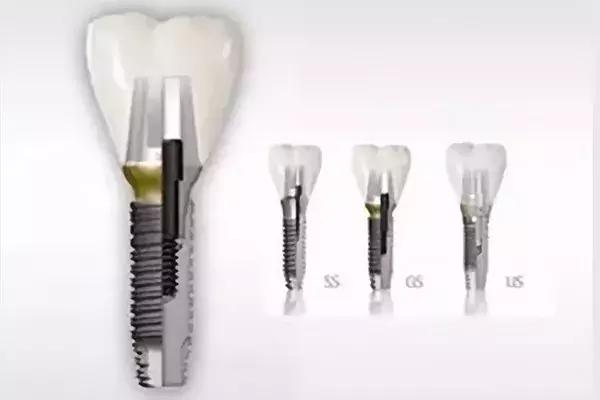
The dentures above the implants are likely to be affected by magnetic resonance examination. at present, the commonly used implant dentures are all-ceramic and metal porcelain. All-ceramic materials are non-metal, which does not have any effect on magnetic resonance imaging, while metal ceramic teeth have different degrees of interference to magnetic resonance imaging due to different kinds of metals.
Therefore, it is suggested that when fixed oral restoration, priority should be given to all-ceramic restoration, and when metal crowns and bridges have to be used, priority should be given to precious metals (gold alloy, gold-platinum alloy, etc.), followed by pure titanium, followed by titanium-containing alloys. finally, cobalt-chromium and nickel-chromium alloys. Even if you choose precious metal, it is still appropriate to use individual single crowns to avoid multi-unit crown and bridge repair.
Does the fixed restoration of non-precious metal in the oral cavity have to be removed first when doing MRI examination?
Actually, not necessarily. Because these dental alloys will not cause harm to the body during magnetic resonance examination, but will only interfere with the imaging within a certain range around the restoration.
The metal restoration in the oral cavity is affected by the brain, neck, face, inner ear and other parts during the nuclear magnetic resonance examination. If the site we want to examine is not near the metal restoration, it will not affect the diagnosis of the disease, and there is no need to dismantle the restoration.
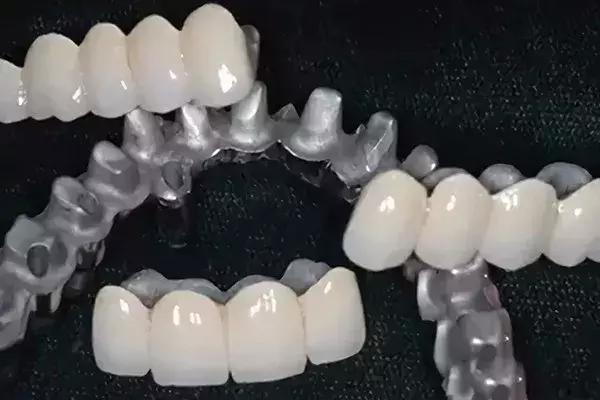
According to the proper selection of restoration materials according to their own conditions, dental implant experts generally recommend that all-ceramic and precious metals are preferred, because these materials are beautiful and rarely cause adverse reactions such as allergies to the human body, and will not interfere with the diagnosis during MRI. Of course, if you choose an ordinary metal, it does not have to be removed during an MRI, and the radiologist will judge according to the situation.
reminder
Friends who need dental implants should not worry too much. Dental implants are a very safe, comfortable, beautiful and practical dental restoration technology, and it is the greatest achievement in the field of dentistry in the 20th century.
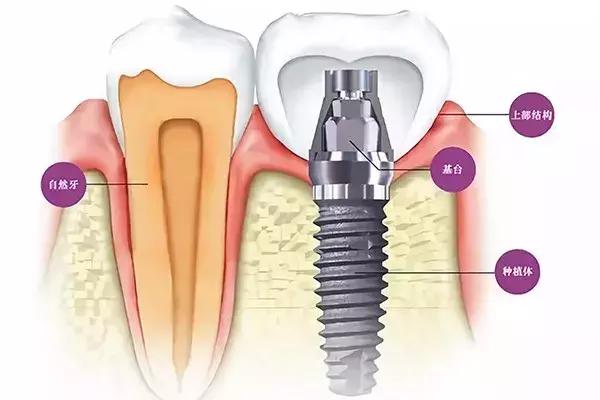
Implant teeth as an imitation of natural teeth, can restore most of the masticatory function, better retention, but also more comfortable third human teeth.
- Prev

Peanut planting: high yield fertilization Technology of Peanut
Peanut is an annual herb with high nutritional value and economic value, and has both medicinal value and dietotherapy value.
- Next
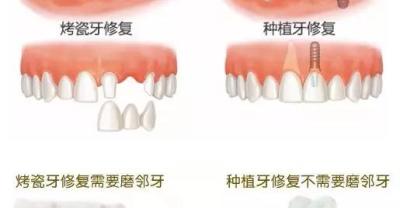
What do you need to pay attention to after dental implants?
Dental implants are becoming more and more popular in recent years, which brings good news to many people with missing teeth.
Related
- Fuxing push coffee new agricultural production and marketing class: lack of small-scale processing plants
- Jujube rice field leisure farm deep ploughing Yilan for five years to create a space for organic food and play
- Nongyu Farm-A trial of organic papaya for brave women with advanced technology
- Four points for attention in the prevention and control of diseases and insect pests of edible fungi
- How to add nutrient solution to Edible Fungi
- Is there any good way to control edible fungus mites?
- Open Inoculation Technology of Edible Fungi
- Is there any clever way to use fertilizer for edible fungus in winter?
- What agents are used to kill the pathogens of edible fungi in the mushroom shed?
- Rapid drying of Edible Fungi

